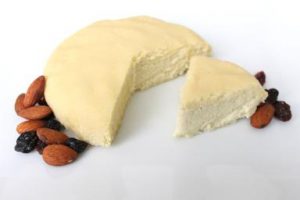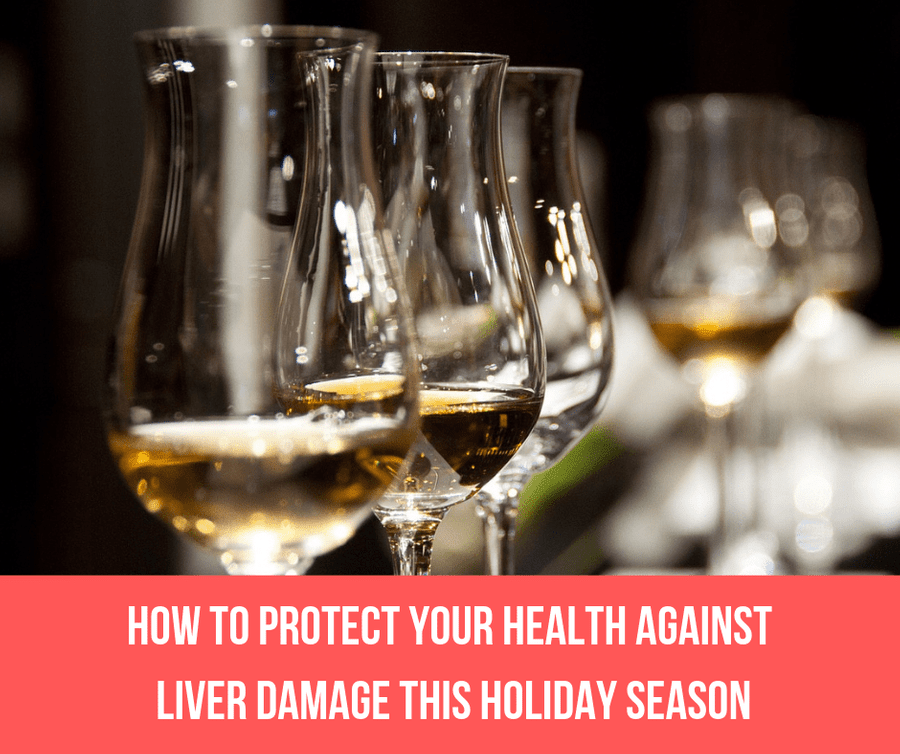Cheese has got a bad reputation in recent years, considered to be high in saturated fat and cholesterol, it has been demonised in nutrition circles and the media. Yet as today (January 20th) is National Cheese Day we want to show you that it is possible to enjoy cheese in a healthy way…and eat it! Here are five alternative healthy cheeses to consider adding to your shopping basket…
 1. Raw Goat’s Cheese. Made from raw goat’s milk, this has a distinctive flavour and a crumbly texture that means it’s usually sprinkled over Mediterranean salads. Choose this over cheddar! Easier to digest, as it contains smaller fat globules than cow’s milk, it is also lower in milk sugars and lactose than cow’s milk. Containing fewer allergenic proteins means that it causes less inflammation. Raw goat’s cheese is also high in calcium and fatty acids while being low in cholesterol. A good source of probiotics, raw goat’s cheese can support gut and digestive health. Raw goat milk also has high levels of medium-chain fatty acids — 30–35 percent as opposed to 15–20 percent in cow milk. These fatty acids provide an energy boost that isn’t stored as body fat, helps lower cholesterol, and can even help treat conditions like CVry diseases and intestinal disorders. Along with absorbing nutrients and minerals better than cow’s milk, goat’s milk also contains fatty acids and triglycerides that can help the insides to run smoothly due to its moisturising properties that keeps skin soft.
1. Raw Goat’s Cheese. Made from raw goat’s milk, this has a distinctive flavour and a crumbly texture that means it’s usually sprinkled over Mediterranean salads. Choose this over cheddar! Easier to digest, as it contains smaller fat globules than cow’s milk, it is also lower in milk sugars and lactose than cow’s milk. Containing fewer allergenic proteins means that it causes less inflammation. Raw goat’s cheese is also high in calcium and fatty acids while being low in cholesterol. A good source of probiotics, raw goat’s cheese can support gut and digestive health. Raw goat milk also has high levels of medium-chain fatty acids — 30–35 percent as opposed to 15–20 percent in cow milk. These fatty acids provide an energy boost that isn’t stored as body fat, helps lower cholesterol, and can even help treat conditions like CVry diseases and intestinal disorders. Along with absorbing nutrients and minerals better than cow’s milk, goat’s milk also contains fatty acids and triglycerides that can help the insides to run smoothly due to its moisturising properties that keeps skin soft.
 2. Almond Cheese. Made from soaked and unblanched almonds, this cheese is rich in dietary fiber, antioxidants, along with vitamins like riboflavin and trace minerals such as magnesium. The compounds and healthy monounsaturated fatty acids (MUFAs) and antioxidants can help to support heart health and prevent factors relating to cardiovascular disease. Almonds have also been shown to maintain skin health, support healthy brain function while controlling blood sugar levels and even potentially preventing diabetes. More good reasons to eat and enjoy almond cheese in your salad or as an alternative to many traditional cheeses.
2. Almond Cheese. Made from soaked and unblanched almonds, this cheese is rich in dietary fiber, antioxidants, along with vitamins like riboflavin and trace minerals such as magnesium. The compounds and healthy monounsaturated fatty acids (MUFAs) and antioxidants can help to support heart health and prevent factors relating to cardiovascular disease. Almonds have also been shown to maintain skin health, support healthy brain function while controlling blood sugar levels and even potentially preventing diabetes. More good reasons to eat and enjoy almond cheese in your salad or as an alternative to many traditional cheeses.
 3. Pumpkin Seed Cheese. Pumpkins are a rich source of nutrients including magnesium, manganese, copper, protein and zinc. Along with being a rich source of polyphenols, plant compounds known as phytosterols and free-radical scavenging antioxidants that can boost health. As pumpkins are a rich source of magnesium, this is vitally important for benefiting blood pressure and preventing sudden cardiac arrest, heart attacks and strokes. Zinc is excellent for immune support, along with being an excellent source of plant-based omega-3’s such as Alpha Linolenic Acid (ALA) that can enhance the body’s ability to use its own insulin to lower blood sugar in people with Diabetes Type 2.
3. Pumpkin Seed Cheese. Pumpkins are a rich source of nutrients including magnesium, manganese, copper, protein and zinc. Along with being a rich source of polyphenols, plant compounds known as phytosterols and free-radical scavenging antioxidants that can boost health. As pumpkins are a rich source of magnesium, this is vitally important for benefiting blood pressure and preventing sudden cardiac arrest, heart attacks and strokes. Zinc is excellent for immune support, along with being an excellent source of plant-based omega-3’s such as Alpha Linolenic Acid (ALA) that can enhance the body’s ability to use its own insulin to lower blood sugar in people with Diabetes Type 2.
 4. Vegan Cashew Cheese. Cashews are high in vitamins, minerals and antioxidants. This includes Vitamins E, K and B6. Cashews are also a good source of Copper, Phosphorus, Zinc, Magnesium, Iron and Selenium. All of these are essential and are important for maintaining healthy body function. Cashews are commonly used in vegan cheeses as they provide a good firm texture and flavour.
4. Vegan Cashew Cheese. Cashews are high in vitamins, minerals and antioxidants. This includes Vitamins E, K and B6. Cashews are also a good source of Copper, Phosphorus, Zinc, Magnesium, Iron and Selenium. All of these are essential and are important for maintaining healthy body function. Cashews are commonly used in vegan cheeses as they provide a good firm texture and flavour.
 5. Garlic & Herb Vegan Cheese. This is a creamy cashew cheese infused with garlic and herbs such as lemon and dill for best flavour. Cashew cheese is best made with nutritional yeast to give an authentic cheese flavour but is also rich in “heart-friendly” monounsaturated-fatty acids like oleic, and palmitoleic acids. Monounsaturated fatty acids are great for supporting heart health and improving risk of cardiovascular disease. For all of these reasons, eating more of this kind of delicious cheese can only benefit your health!
5. Garlic & Herb Vegan Cheese. This is a creamy cashew cheese infused with garlic and herbs such as lemon and dill for best flavour. Cashew cheese is best made with nutritional yeast to give an authentic cheese flavour but is also rich in “heart-friendly” monounsaturated-fatty acids like oleic, and palmitoleic acids. Monounsaturated fatty acids are great for supporting heart health and improving risk of cardiovascular disease. For all of these reasons, eating more of this kind of delicious cheese can only benefit your health!
Say Cheese! Here Are 5 Healthy Cheeses That Make Us Smile | www.naturallyhealthynews.com






I find it ironic that some of the pictures have either crackers our bread in them. Gluten free?
They can be made gluten-free. Even better when made with Buckwheat flour.